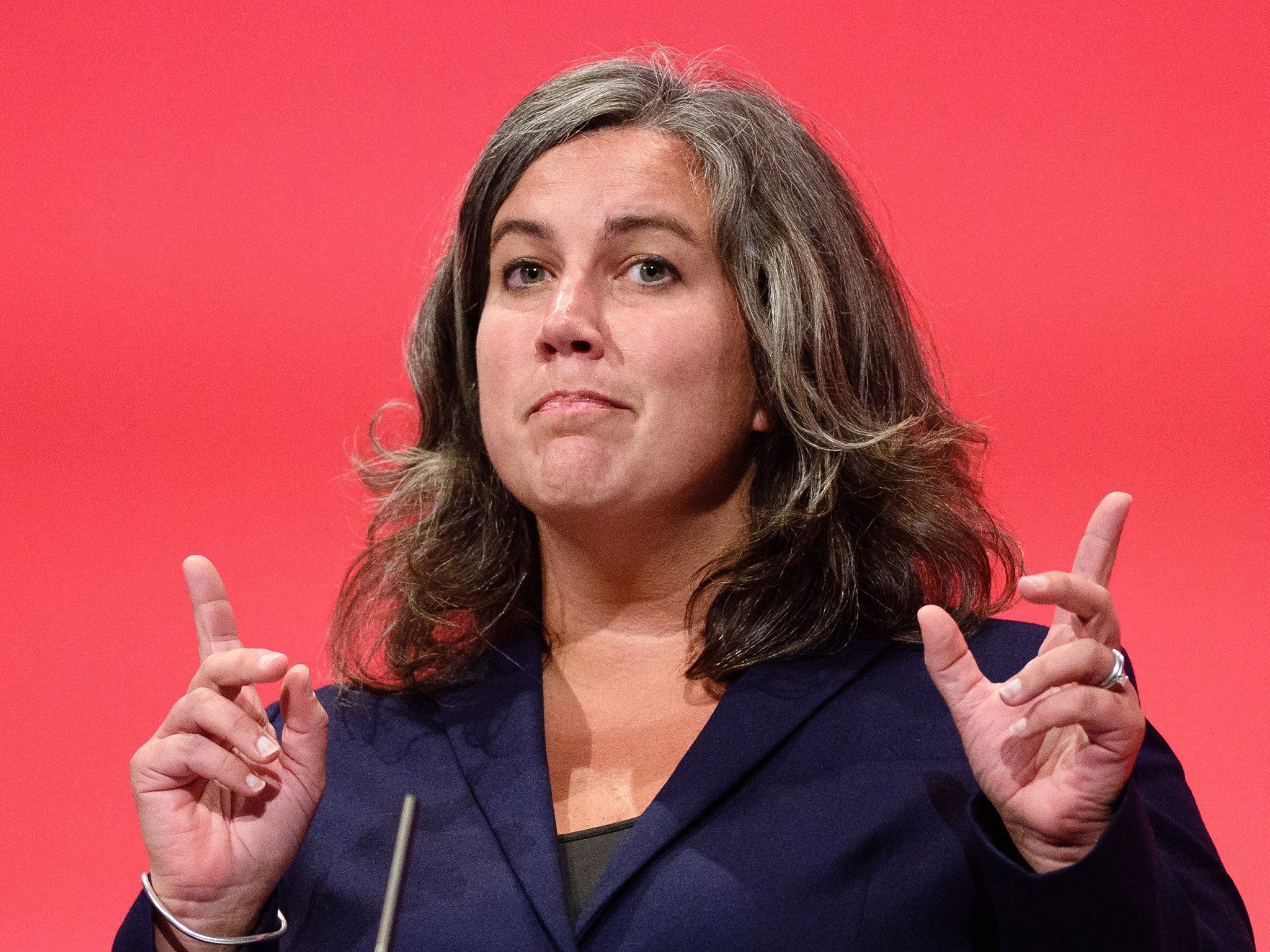GE Healthcare: Minimal tax paid by NHS supplier 'should be investigated urgently'
Shadow Health Secretary Heidi Alexander calls for ministers to launch inquiry into company's tax practices

Your support helps us to tell the story
From reproductive rights to climate change to Big Tech, The Independent is on the ground when the story is developing. Whether it's investigating the financials of Elon Musk's pro-Trump PAC or producing our latest documentary, 'The A Word', which shines a light on the American women fighting for reproductive rights, we know how important it is to parse out the facts from the messaging.
At such a critical moment in US history, we need reporters on the ground. Your donation allows us to keep sending journalists to speak to both sides of the story.
The Independent is trusted by Americans across the entire political spectrum. And unlike many other quality news outlets, we choose not to lock Americans out of our reporting and analysis with paywalls. We believe quality journalism should be available to everyone, paid for by those who can afford it.
Your support makes all the difference.The shadow Health Secretary has called for an inquiry into the tax affairs of a major NHS supplier, after The Independent revealed GE Healthcare pays barely any tax despite being based in the UK and making millions of pounds in profit through sales to the health service.
Heidi Alexander MP has called for ministers “urgently to investigate” the company’s tax practices and take action if any wrongdoing is found. “Any businesses associated with the NHS should be paying their fair share of tax,” she told The Independent. “It’s unacceptable for companies which make vast profits from selling drugs and equipment to the NHS to be avoiding corporation tax, particularly at a time when the NHS’s own finances are under such pressure.”
A growing number of organisations are calling for companies’ UK tax payments to be considered by the NHS and other taxpayer-funded organisations before awarding them contracts. Public sector unions such as Unite and Unison have already been vocal in their support for such a rule.
A study by the tax expert Richard Murphy for Unite last year found tax avoidance strategies were used by many firms regularly awarded NHS contracts. Of the 10 companies analysed – Care UK, Circle, General Healthcare Group, HCA, Bio Products Laboratory Holdings, Ramsay Healthcare, Spire Health Care, The Practice, Optum and Virgin Care – only two, HCA and Ramsay, paid any significant tax in the UK.
GE Healthcare is currently headquartered in the UK but owned by the US multinational General Electric, renowned for its tax avoidance strategies in America.
GE denies any wrongdoing and says it pays all its tax dues around the world, pointing out that GE Healthcare has invested £500m in UK research and development over the past decade.
Matt Gardner, executive director of the US research group the Institute on Taxation and Economic Policy, said: “GE has been remarkably successful over a long period of time in zeroing out tax liabilities in the US and abroad.”
Attempts to unravel where GE Healthcare pays tax, and how much, are obstructed by the complicated company structure it uses.
Mr Gardner said experience with another big tax avoider, Apple, highlighted that only interrogation by Senate committees could ever get to the bottom of such companies’ opaque tax affairs. He added: “GE’s very existence in the US is due to government contracts. It would be nice if there were policies in place that made sure businesses contracted with the government pay their fair share of tax.”
Big business counter that, in a globalised world, multinational businesses will inevitably locate themselves in the cheapest tax destinations, whether or not they rely on taxpayers for their sales. They argue that it is up to countries like the UK and the US to make themselves more competitive on tax. Successive UK governments have cut corporation tax from 28 per cent in 2008 to 20 per cent.
Join our commenting forum
Join thought-provoking conversations, follow other Independent readers and see their replies
Comments